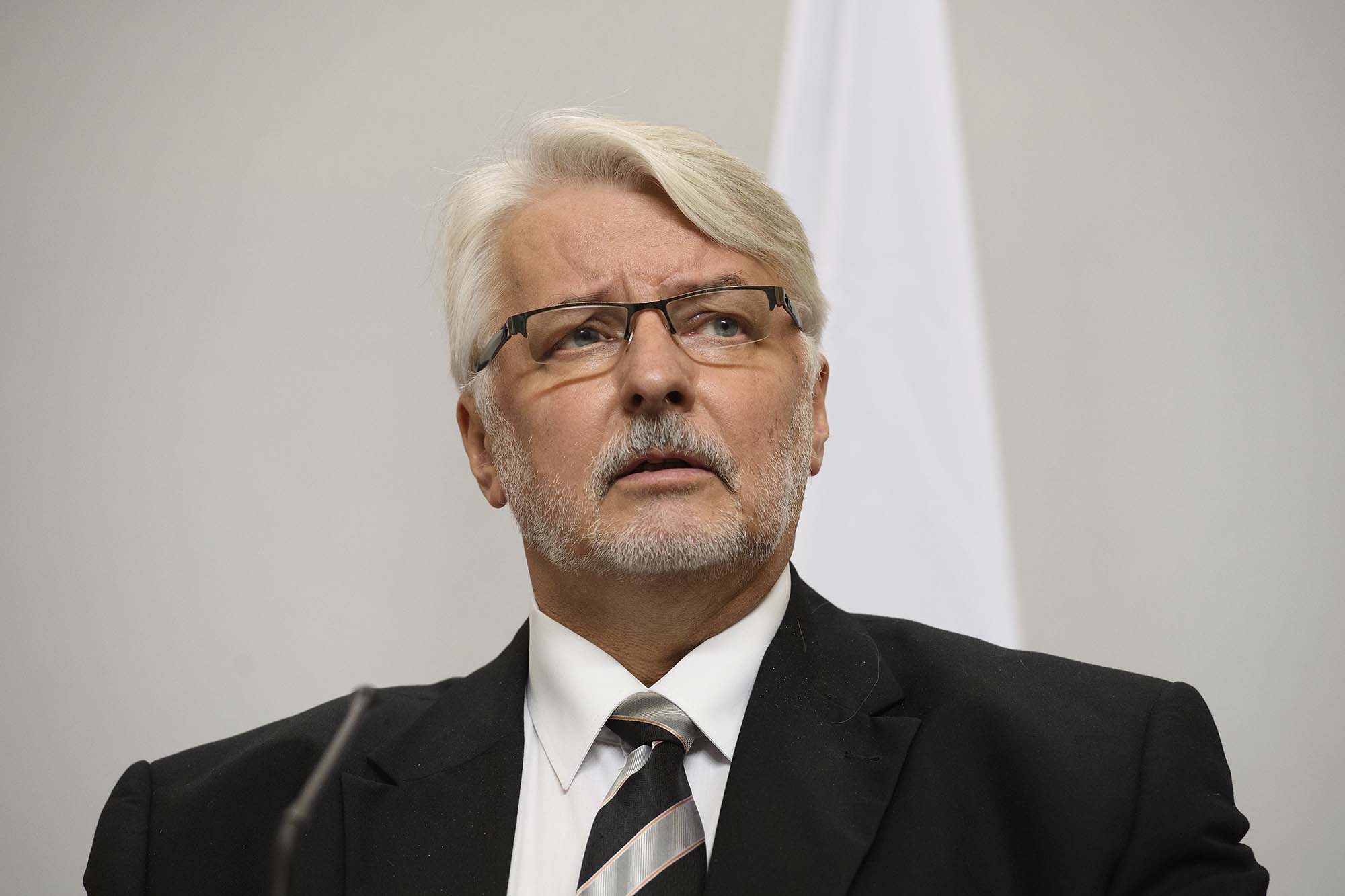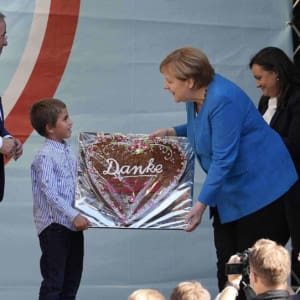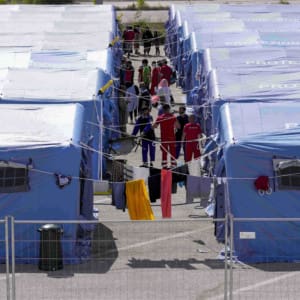The former Polish foreign minister and current Law and Justice (PiS) MEP Witold Waszczykowski believes that Olaf Scholz will most likely be Germany’s next chancellor if the SPD’s current lead remains in place.
He explained that it would be illogical for the SPD to enter a coalition with the CDU if it wins and should instead try a change of partners. Although this change may be difficult due to huge differences between left-wing parties.
Whatever the case will be, Waszczykowski is of the opinion that the participation of liberals in any sort of coalition will be beneficial to Poland because they would form a break against the ideological stubbornness of the German left in issues such as the Green Order and the EU’s ‘Fit for 55’.
During the interview for portal dorzeczy.pl Waszczykowski also commented on the worst result ever for Angela Merkel’s CDU in its history.
He pointed out that for years Merkel had been presented as a mythical “great” chancellor, but after 16 years of governing the final tally of her leadership was poor and Germany is no longer the industrial engine that can carry the rest of Europe.
Yet, both Merkel’s party and the Social Democratic Union of Germany (SPD) ruled together and still received 50 percent of votes in the current elections, and this, in the opinion of Waszczykowski, shows that Germans want a change and not a revolution.
The former head of Polish diplomacy believes that Merkel would not be missed in Poland. Despite her being “a quarter Polish,” she had no sensitivity for Polish affairs.
“I saw Merkel’s functioning and she, of course, had a Mona Lisa smile but gave a hard ‘nein’ to all of our affairs,” he stated.
He explained that the balance of discrepancies between Poland and Germany existed in all areas during her terms. Merkel had not supported Poland in matters of national security and policy towards Russia and Ukraine. In addition to this, there were differences in energy, economy, climate and migration issues. Merkel also strongly kept to the German historic narrative concerning the Second World War.
“The icons will be Nord Streams 1 and 2 which were decided during her government, so Merkel has no right to claim that she had no influence over the projects. She did have and strove towards agreements with Russia. During her tenure a policy of German-Russian condominium towards our part of Europe and Poland in particular was developed,” he said.
Waszczykowski also noted that Merkel’s approach towards former Polish Prime Minister Donald Tusk who had carried out radically pro-German policy against Polish interests, for which he was rewarded with medals, distinctions and a lucrative position in the EU.






